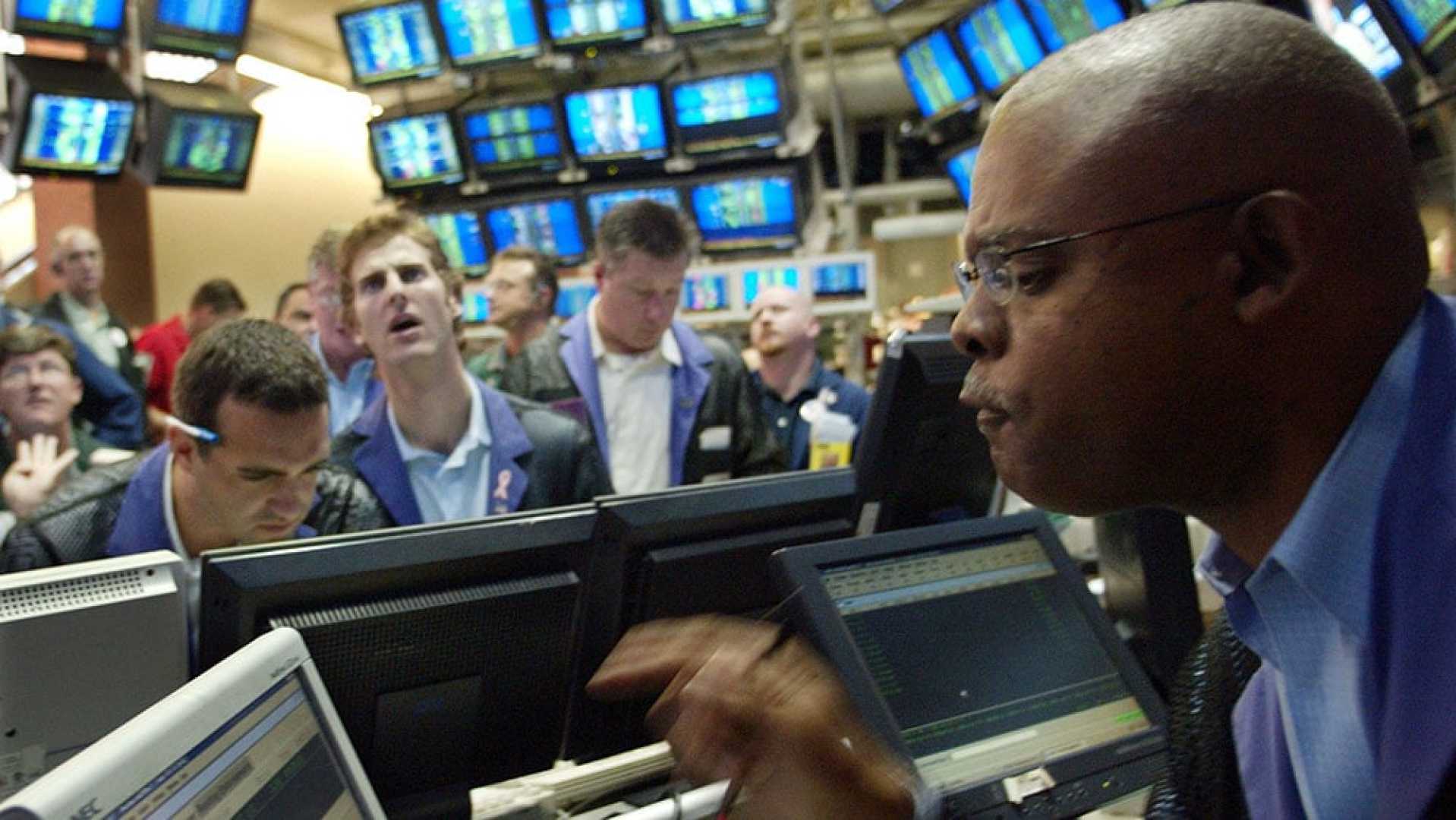Business
Global Markets Rebound Amid New Tariff Tensions

NEW YORK, United States — Global stock markets staged a fragile recovery on April 8, 2025, following a tumultuous sell-off triggered by new tariffs announced by U.S. President Donald Trump. The recovery, however, was marred by persistent anxiety as escalating tensions between Washington and Beijing threaten to deepen the ongoing trade war.
Following a record decline on Monday, Asian and European indices recorded modest gains as investors sought bargains. The Dow Jones Industrial Average surged more than 1,200 points, or 3.3%. Similarly, the S&P 500 and Nasdaq composite reported increases of 3.4% and 3.6%, respectively. Despite the bullish sentiment, Trump’s administration doubled down on its stance, threatening an additional 50% tariff on Chinese imports if retaliatory measures continued.
In response, China vowed to “fight to the end,” dismissing U.S. actions as “pressure, threats, and blackmail.” The ongoing standoff has rattled global markets, as fears mount that a prolonged dispute could push economies into recession.
Analysts described Monday’s sell-off as a reaction to Trump’s tariffs, which have already wiped out trillions in company valuations. However, Tuesday saw a glimmer of hope as Tokyo’s Nikkei index soared over 6% and Shanghai’s exchange reported a gain of 1.6%, buoyed by the central bank’s support for financial stability.
U.S. markets reacted positively despite the dissonance. “Investors are opportunistically buying on declines,” said investment analyst Michael Chen. “Yet, the uncertainty surrounding trade tactics is still palpable.”
In Asia, the Hong Kong market saw a rebound of over 1%, while Sydney’s index grew by more than 2%. Conversely, Indonesia’s benchmark index plummeted nearly 8%, marking the steepest drop since 2011 following a trading suspension due to investor panic. “This turbulence reflects a global environment fraught with fear,” commented economist Alan Mitchell.
Adding to the concerns, U.S. Treasury Secretary Scott Bessent criticized China’s escalation of tariffs, stating it was a “big mistake” that would ultimately hurt China more than the U.S. Bessent defended the tariffs as necessary to build a fairer international trading framework.
As the market fluctuations continue, Trump urged Americans to remain “strong, courageous, and patient,” though the path forward remains uncertain. To this end, the President declared his intent to remain actively involved in trade negotiations.
While some investors are momentarily relieved, the long-term impact of Trump’s tariff policies, including a potential recession, remains a pressing concern. Goldman Sachs recently raised the probability of a recession to 45%, citing ongoing trade tensions as a significant factor.
Amidst these developments, sectors of the economy, such as technology and defense, are expected to either benefit or suffer depending on the evolving trade landscape. “We are bound to see shifts in market sentiment as tariffs influence consumer buying habits and international relations,” Mitchell concluded.












